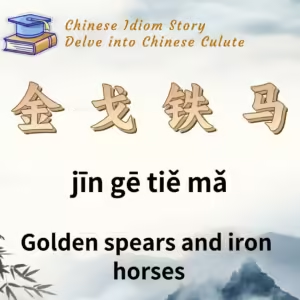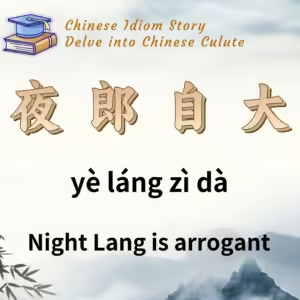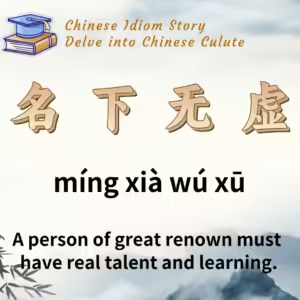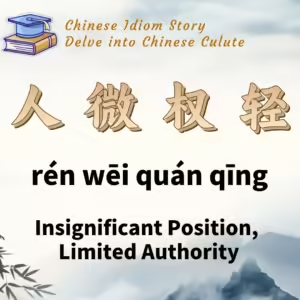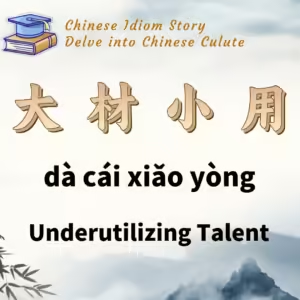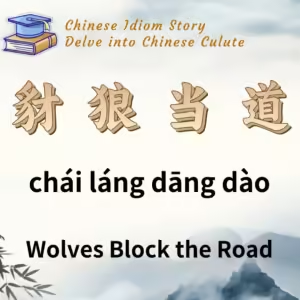
Chinese Idiom: 豺狼当道 (Chai Lang Dang Dao)
English Translation: Wolves Block the Road
pīn yīn: chái láng dāng dào
Idiom Meaning: This idiom metaphorically describes a situation where bad people are in power or hold authority.
Historical Source: The phrase originates from the Book of Han (《汉书》)
Idiom Story:
During the Southern Song Dynasty, Hu Quan served as an editor in the Privy Council. As a staunch opponent of the Jurchen invaders, he was unwavering in his resistance against appeasing the enemy. He risked his own safety to petition Emperor Gaozong to punish the leaders of the capitulation faction, including Wang Lun, Qin Hui, and Sun Jin.
Due to his efforts, Hu Quan was secretly harmed by these traitors, initially being demoted to a minor official position in Fuzhou and later imprisoned in Xinxing, Guangdong. Despite losing his freedom, Hu Quan refused to yield, maintaining his patriotic stance against the Jurchens. He was deeply indignant towards the treacherous officials who sold out their country for personal gain.
While in prison, he wrote a poem titled “Hao Shi Jin” (《好事近》) to express his sorrow and anger:
富贵本无心,何事故乡轻别?
空使猿惊鹤怨,误薛萝秋月。
囊锥刚要出头来,不道甚时节。
欲驾巾车归去,有豺狼当辙。
Translation:
“Riches and honor hold no true intention;
Why then do we part so lightly from our homeland?
It only makes the apes alarm the cranes,
And mistakenly dims the autumn moon’s glow.
As my pouch and hook are about to surface,
I know not what time it is.
Longing to return in my cap and robe,
But wolves block the road ahead.”
This poem quickly gained popularity among the patriotic faction and the common people, who resonated with his sentiments. However, the capitulationists despised it, interpreting “wolves block the road” as a criticism of the emperor and his loyal ministers. As a result, Hu Quan faced further persecution, being exiled to the remote Hainan Island.
It wasn’t until the death of Qin Hui that Hu Quan could finally return to the capital. The phrase “豺狼当道” (wolves block the road) thus came to symbolize the danger and oppression posed by treacherous individuals in power, capturing the essence of Hu Quan’s struggle against corruption and betrayal.

